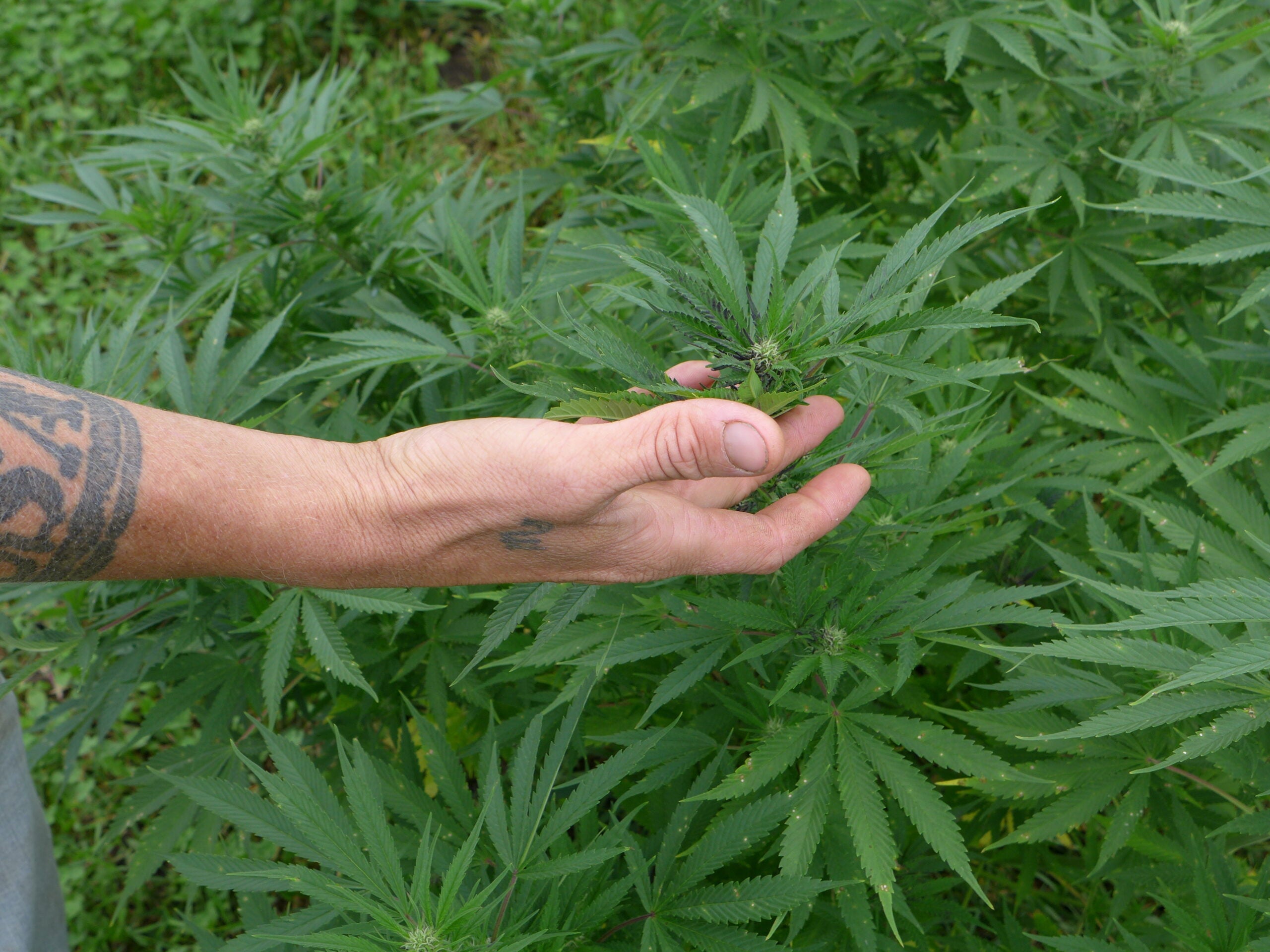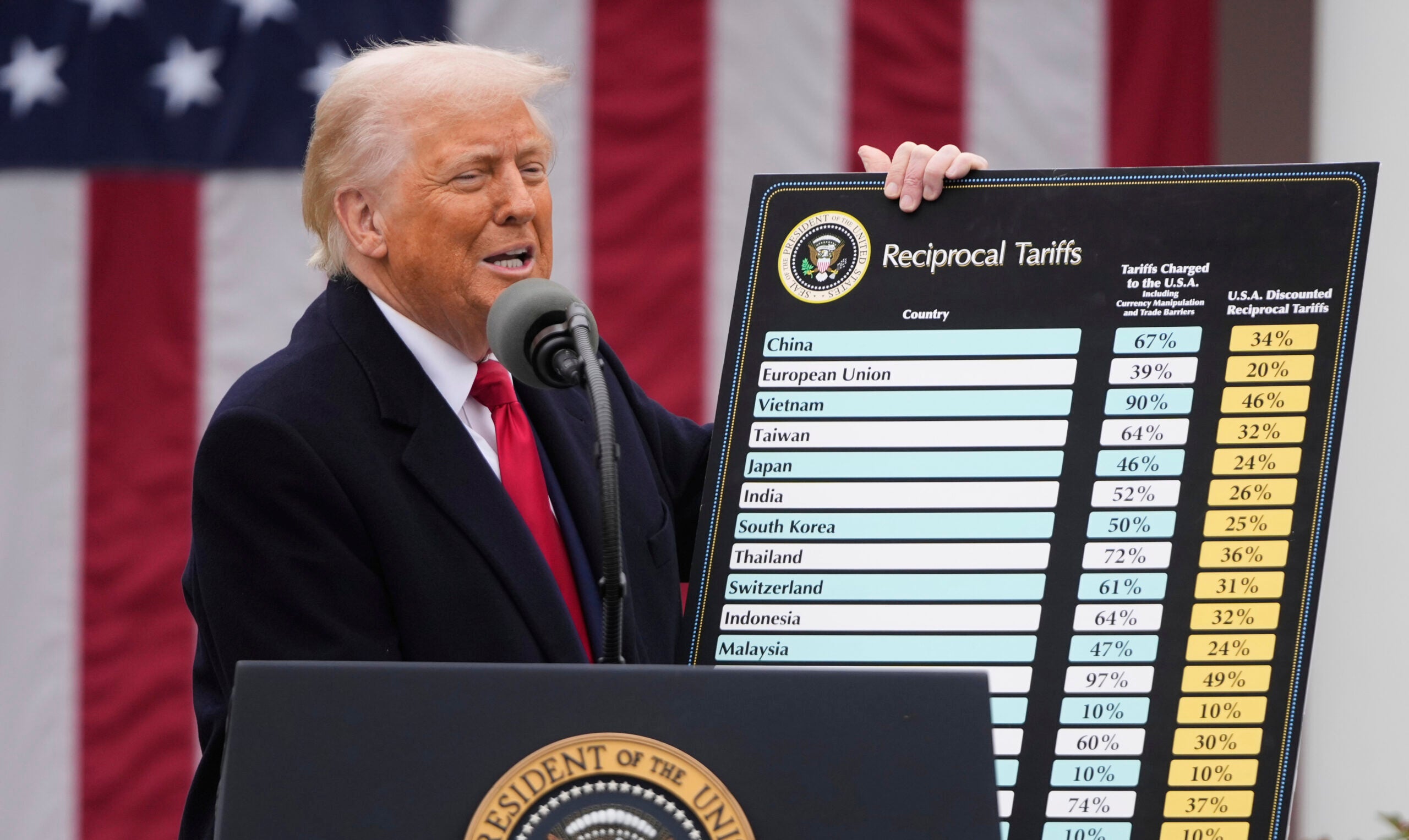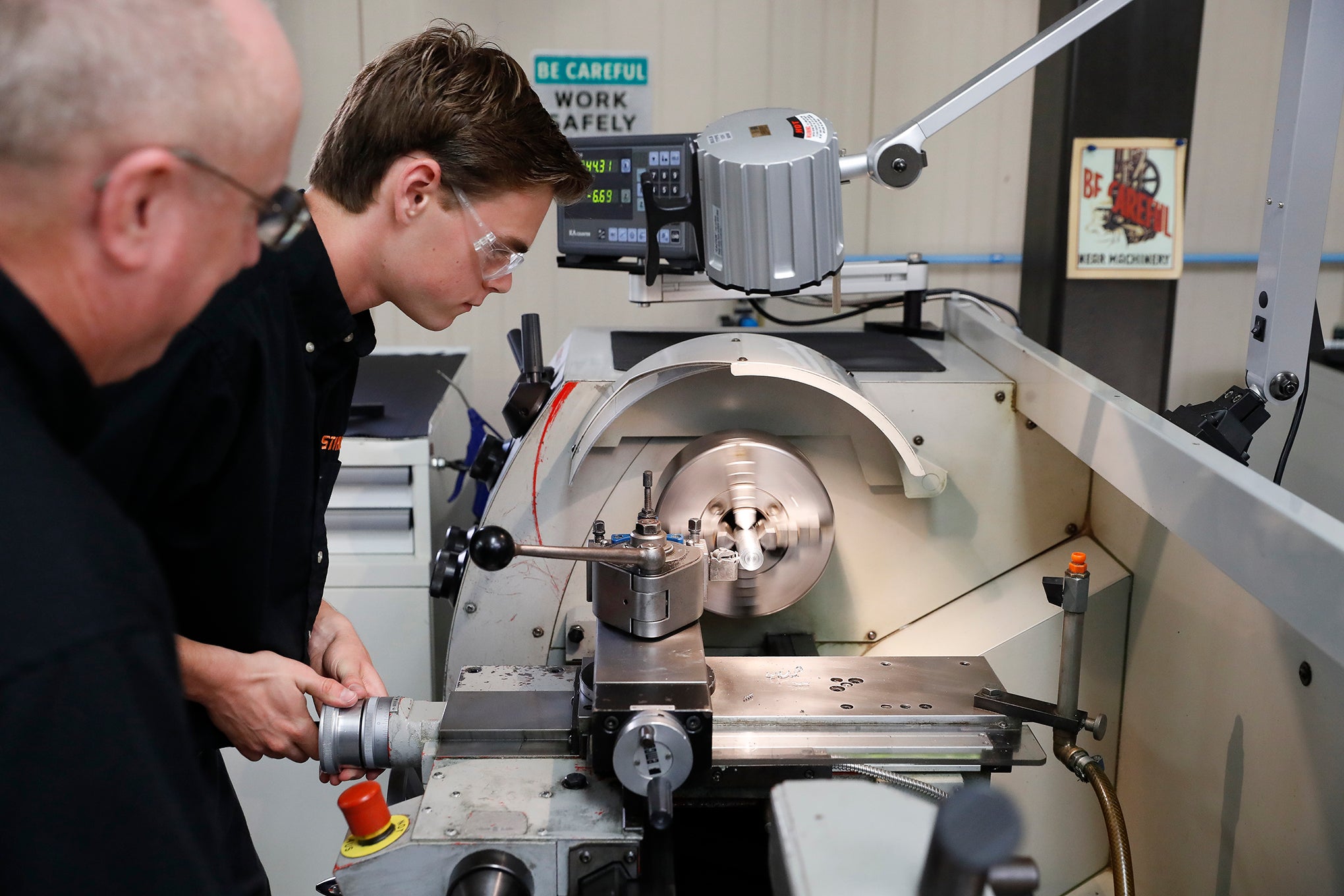A new survey shows Wisconsin banks might be more willing to provide banking and lending services to hemp-related businesses.
The Wisconsin Bankers Association surveyed 85 bank executives in December about what kind of services they offer or plan to offer to hemp growers, manufacturers and retailers.
Thirty-eight percent of respondents said they currently accept deposits from hemp businesses, while 15 percent said they are lending to hemp-related businesses.
Stay informed on the latest news
Sign up for WPR’s email newsletter.
The survey also found that 48 percent of bankers not currently offering services to hemp-related businesses said they plan to do so in 2020.
Scott Birrenkott, assistant director of legal for the Wisconsin Bankers Association, said that’s a shift from a similar survey the group did in 2018.
That report showed only 17 percent of surveyed bankers would actively seek to provide loans to hemp farmers and processors in Wisconsin.
“We’re already starting to see a shift toward banks beginning to understand this more and looking to become engaged with their customers,” Birrenkott said.
He said a lack of understanding about industrial hemp and changing regulations around the crop have been the biggest barriers for banks to provide even depository services to hemp businesses.
“(Banks) need to understand this not only from a business aspect of ‘How are they growing this? What does this look like? What is the season for this?” Birrenkott said. “But also the complexities of the regulation, so they need to know ‘What do they need to do to be able to do this legal, so I know that this person that I am banking is engaged in a legal activity?’”
Phillip Scott, founder of the Wisconsin Hemp Farmers and Manufacturers Association, said limited banking and financing options have made expansion difficult for the industry.
“Not being able to get banking to buy the genetics that you need, to be able to get the nutrient that you need, to be able to get some of the equipment that you need to be able to plant and maintain is frustrating,” Scott said. “With the banks finally coming around and getting on board to support what we need to do, we’re going to be a true commodity farmer now.”
Scott said opening financial institutions to hemp businesses will also help small start-ups in the state better market their product. And he’s hopeful banks will soon treat hemp like any other crop as state and federal regulations for the industry are finalized.
The U.S. Department of Agriculture continues to update federal regulations around industrial hemp laid out in the 2018 Farm Bill, including offering federal crop insurance programs to hemp growers in 2020.
Gov. Tony Evers recently signed legislation to reauthorize and update the state’s industrial hemp program.
Birrenkott said this information is a step in the right direction for banks, but there are still issues in the marketplace to work through.
“We’re still getting reports that businesses, retail and prospective, are having issues obtaining merchant processing services. So that’s something that banks are trying to work with their customers for,” Birrenkott said.
For now, Birrenkott said hemp customers should be prepared to answer more questions at the bank when applying for an account or a loan.
Wisconsin Public Radio, © Copyright 2025, Board of Regents of the University of Wisconsin System and Wisconsin Educational Communications Board.





